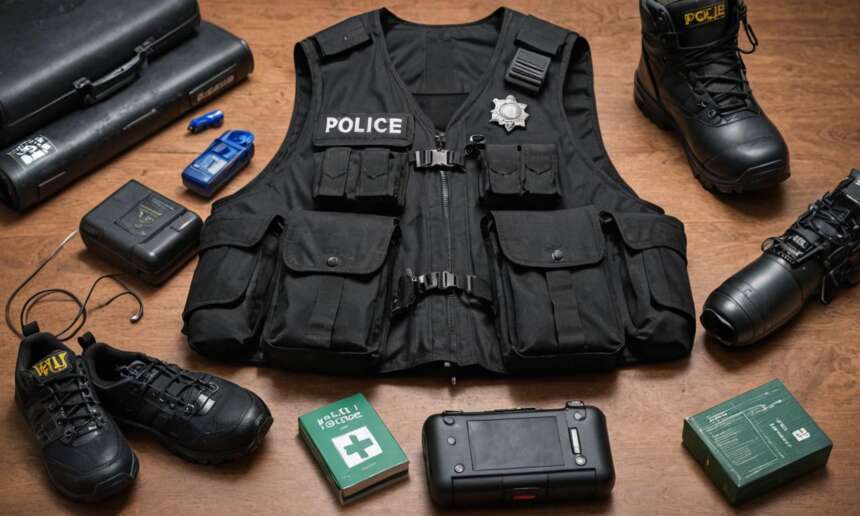If you aspire to serve your community in a unique and meaningful way, becoming a special constable might be the path for you. Special constables, also known as reserve constables or auxiliary police officers, play a vital role in supporting regular police officers and maintaining law and order.
Understanding the Role
Before embarking on the journey to become a special constable, it’s crucial to understand the role and responsibilities associated with it. Special constables typically work on a voluntary basis or part-time basis, supplementing the work of full-time police officers. They often assist with various duties such as patrolling neighborhoods, conducting community outreach, and providing support during emergencies.
Educational Requirements
While educational requirements may vary depending on the jurisdiction, most agencies require special constable candidates to have at least a high school diploma or equivalent. Some agencies may prefer candidates with post-secondary education in law enforcement or a related field.
Physical Fitness
Physical fitness is an essential aspect of being a special constable. Candidates are typically required to pass physical fitness tests to ensure they can meet the demands of the job, which may include running, lifting, and other physical activities.
Background Check and Screening
As with any law enforcement position, candidates for special constable roles must undergo thorough background checks and screening processes. This may include criminal record checks, reference checks, and interviews to assess suitability for the role.
Training
Upon successfully passing the initial screening process, candidates will undergo comprehensive training to prepare them for their duties as special constables. Training programs often cover a wide range of topics, including law enforcement procedures, conflict resolution, first aid, and community policing.
Application Process
The application process to become a special constable varies depending on the jurisdiction and the agency. Candidates may need to fill out an application form, submit to various assessments, and participate in interviews before being selected for training.
Volunteer Experience
Volunteer experience in related fields such as community service, emergency response, or security can strengthen your application and demonstrate your commitment to public service.
Continuing Education and Development
Once appointed as a special constable, the learning doesn’t stop. Special constables often have opportunities for ongoing training and professional development to enhance their skills and knowledge throughout their careers.
Becoming a special constable is a rewarding journey that requires dedication, commitment, and a passion for serving others. By understanding the role, meeting educational and physical requirements, undergoing thorough screening and training, and continuously seeking opportunities for growth, you can embark on a fulfilling career as a special constable.
Salary and Benefits
Special constables may receive compensation for their service, although it varies depending on the jurisdiction and agency. In addition to monetary compensation, special constables may also receive benefits such as health insurance, retirement plans, and access to professional development opportunities.
Work-Life Balance
One aspect that special constables often value is the flexibility of their work schedules. Many agencies offer part-time or flexible shifts, allowing special constables to balance their law enforcement duties with other commitments such as education, family, or another job.
Community Engagement
Special constables have a unique opportunity to engage with the community on a personal level. Their presence in neighborhoods, schools, and events fosters trust and cooperation between law enforcement and the public, contributing to safer and more cohesive communities.
| Aspect | Importance |
|---|---|
| Physical Fitness | High |
| Background Check | High |
| Volunteer Experience | Medium |
| Continuing Education | Medium |
Frequently Asked Questions
- What is the difference between a special constable and a regular police officer?
- Are special constables armed?
- Can special constables make arrests?
- Is becoming a special constable a pathway to becoming a full-time police officer?
- Do special constables have authority outside their jurisdiction?




